A bloated stomach is a common digestive issue that can cause significant discomfort. This feeling often arises from gas buildup in the digestive tract, leading to flatulence and a swollen sensation. Fortunately, there are ways to alleviate these unpleasant symptoms and restore balance to your stomach.

Experiencing Stomach Bloating? Here’s What to Watch Out For
A bloated stomach can bring various uncomfortable symptoms, from mildly annoying to severely disruptive. Common symptoms include:
- Abdominal Pain: Often due to trapped gas causing pressure and cramps.
- Flatulence: Excess gas leads to frequent flatulence.
- Swollen Abdomen: A visibly bloated belly from gas buildup.


- Belching: Frequent belching as the body expels excess gas.
- Nausea: A full and nauseous feeling, often reducing appetite.
- Changes in Bowel Movements: Bloating accompanied by constipation or diarrhea, indicating a disrupted gut flora.
Recognizing these symptoms helps in taking steps to improve digestion and reduce discomfort.
Causes of a Bloated Belly
A bloated belly can stem from various causes, from dietary choices to medical conditions. Key causes include:
- Overeating: Consuming large quantities of food at once can overload the stomach, causing a bloated feeling.
- Gas-Producing Foods: Foods like beans, cabbage, and carbonated drinks produce extra gas during digestion, leading to bloating and flatulence.
- Lactose Intolerance: Those who cannot properly digest lactose often experience bloating after consuming dairy products due to gas and fluid buildup in the intestines.

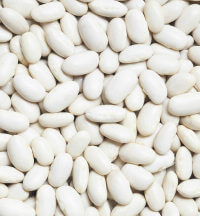
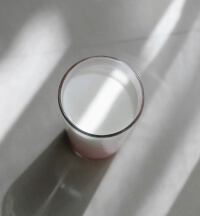
Digestive Disorders:
- Irritable Bowel Syndrome (IBS): This condition causes chronic abdominal pain and bloating due to an overly sensitive colon.
- Celiac Disease: People with celiac disease react to gluten, leading to inflammation and bloating.
- Gastroparesis: A delayed stomach emptying causes bloating as food remains in the stomach longer, leading to a swollen stomach.
- Constipation: Slow bowel movements can cause gas buildup, resulting in a swollen belly and thick stomach.
Hormonal Changes:
- Premenstrual Syndrome (PMS): Hormonal fluctuations before menstruation can cause water retention and abdominal bloating.
- Pregnancy: Hormonal changes and the growing uterus can pressure the intestines, resulting in bloating after eating.
- Ascites: Fluid accumulation in the abdominal cavity due to liver disease or cancer can cause a swollen abdomen.
- Small Intestinal Bacterial Overgrowth (SIBO): Excessive bacterial growth in the small intestine leads to gas production and bloating.

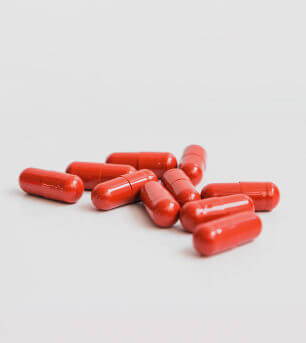
Other Causes:
Medications: Some medications, such as antibiotics and painkillers, can disrupt the gut flora and contribute to a bloated belly.
By understanding the causes of a bloated belly, you can take targeted steps to relieve discomfort and improve digestion.
The Link Between Your Microbiome and Bloating
A bloated feeling often stems from an imbalance in your gut microbiome, which consists of trillions of bacteria vital for digestion, immune function, and overall health. Disruptions in this balance can cause digestive issues like bloating, gas, and abdominal pain.
Diet, lifestyle, stress, and antibiotic use affect your microbiome composition. Testing your microbiome can provide insights into its health, helping you make targeted dietary and lifestyle changes to alleviate symptoms.

Easly offers a comprehensive microbiome test and nutritional advice to identify and address digestive issues.
What to Do About a Bloated Belly
A bloated belly can be very uncomfortable, but there are various steps you can take to alleviate it. Here are some effective measures:
- Testing: Test your microbiome to understand the balance of good and bad bacteria, helping to identify and address the causes of bloating.
- Diet Adjustments: Avoid gas-producing foods like beans, cabbage, onions, and carbonated drinks. Limit artificial sweeteners like sorbitol.
- Smaller Meals: Eat several small meals throughout the day to reduce digestive load and prevent gas buildup.

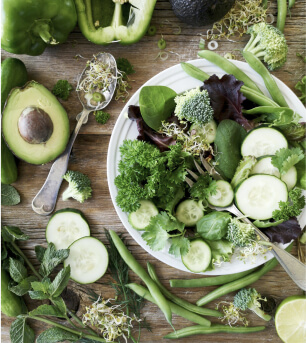
- Fiber Intake: Gradually increase fiber intake to support healthy bowel function and reduce bloating.
- Hydration: Drink plenty of water to aid digestion and promote regular bowel movements.
- Exercise: Regular physical activity stimulates intestinal activity and promotes healthy digestion. A short walk after meals can help relieve bloating.
- Probiotics: Consider taking probiotic supplements or consuming fermented foods like yogurt, kefir, or sauerkraut to promote healthy gut flora and reduce digestive issues.
In essence, making dietary changes, engaging in regular physical activity, and maintaining adequate hydration are crucial to preventing or reducing a bloated belly. These steps contribute to healthy digestion and can alleviate the discomfort of bloating.
Which Foods Cause Bloating
A bloated belly can often be caused by certain foods that promote gas formation in the intestines. It’s important to know which foods might cause this, so you can adjust your diet accordingly. Many people experience bloating when consuming the following:
- Gas-Producing Foods: Beans, cruciferous vegetables (such as cauliflower, broccoli, and Brussels sprouts), onions, and garlic contain indigestible carbohydrates that produce gas during digestion.



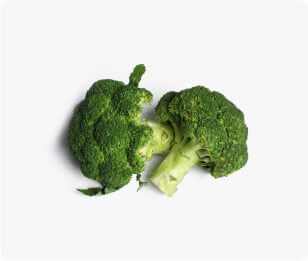
- Carbonated Drinks: Soda and sparkling water contain carbon dioxide, leading to gas and bloating.
- Artificial Sweeteners: Sweeteners like sorbitol and mannitol aren’t fully absorbed in the small intestine, causing fermentation by bacteria in the colon and resulting in gas.
- Lactose: People with lactose intolerance struggle to digest lactose, causing fermentation and gas buildup.
- Fiber-Rich Foods: While fiber is essential for digestion, it can cause gas, especially if your body isn’t used to a high-fiber diet. Introduce fiber slowly to avoid bloating.
By being selective in your food choices and avoiding these triggers, you can effectively reduce digestive issues and bloating.
Related tests


What Helps with a Bloated Belly
A bloated belly can be quite bothersome, but certain foods can help alleviate this discomfort. Here are some steps to reduce bloating:
- Hydration: Drink plenty of water to aid digestion and reduce bloating.
- Fiber-Rich Foods: Whole grains, vegetables, fruits, beans, and legumes support gut health and regular bowel movements.

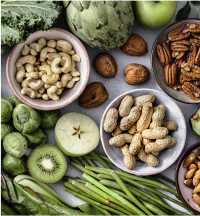

- Probiotic Foods: Yogurt, kefir, sauerkraut, and fermented dairy products promote a healthy gut flora.
- Herbal Teas: Peppermint and ginger teas calm digestion and reduce gas.
- Lean Proteins: Lean meats, poultry, fish, and plant-based proteins are easy to digest.
- Slow Eating: Eat slowly and chew thoroughly to reduce swallowed air and prevent digestive issues.

By choosing these foods and eating habits, you can support your digestion and reduce bloating.
Conclusion
Do you often feel full and uncomfortable after eating? A bloated stomach can cause pain and gas. Avoiding gas-producing foods like beans and cabbage, and reducing carbonated drinks, can help. If you have chronic symptoms, analyzing your gut microbiome may help identify specific causes for a personalized solution. By understanding your triggers and improving your digestion, you can feel better and reduce bloating. We hope this article helps you take the next step toward a healthy gut.
By learning about your triggers and improving your digestion, you can feel better and reduce bloating. We hope our article will help you take the next step toward a healthy gut.









